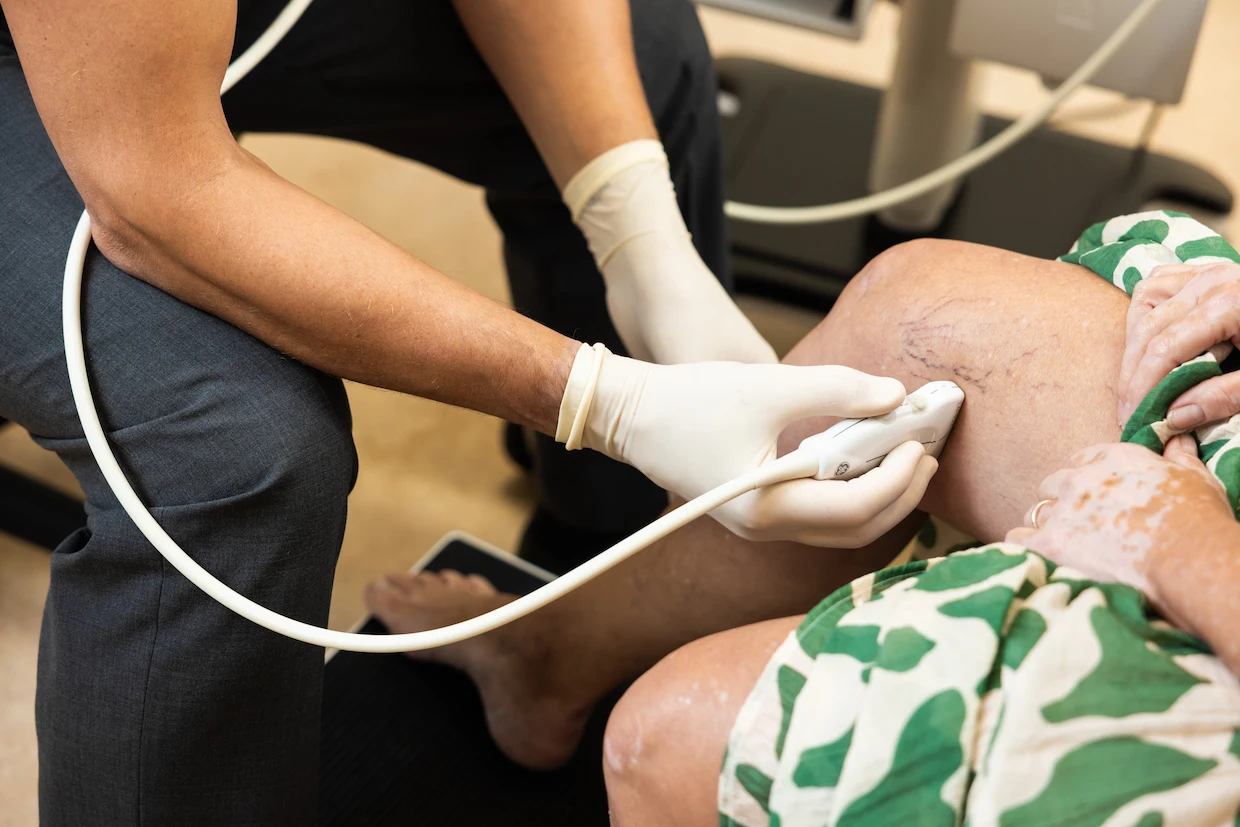A hernia occurs when an internal organ or tissue pushes through a weak spot in the surrounding muscle or connective tissue. While some risk factors for hernias, like age and genetics, are beyond our control, lifestyle choices can significantly impact your likelihood of developing a hernia. Understanding these risk factors and making healthy choices can help reduce your risk.
1. Excess Weight
Carrying extra weight, particularly around the abdomen, increases pressure on the abdominal wall, which can weaken it over time and lead to a hernia. Maintaining a healthy weight through a balanced diet and regular exercise can help alleviate this pressure and lower your risk.
2. Heavy Lifting
Frequent heavy lifting, especially with improper technique, puts significant strain on the abdominal muscles. This can create weak spots, making you more susceptible to hernias. To reduce this risk, always lift with your legs, not your back, and avoid lifting objects that are too heavy.
3. Chronic Coughing or Sneezing
Persistent coughing or sneezing increases abdominal pressure, which can contribute to hernia formation. Conditions like chronic obstructive pulmonary disease (COPD) or untreated allergies may exacerbate this risk. Managing these conditions and avoiding smoking (a common cause of chronic cough) are essential for reducing the strain on your abdominal wall.
4. Poor Nutrition
A diet lacking in essential nutrients can weaken muscles, including those in the abdominal wall. Consuming a diet rich in vitamins, minerals, and protein helps maintain muscle strength. Additionally, a high-fiber diet can prevent constipation, reducing the need for straining during bowel movements, which can contribute to hernias.
5. Constipation and Straining
Frequent straining due to constipation puts added pressure on the abdominal area. This can cause or worsen hernias over time. Drinking plenty of water, eating fiber-rich foods, and staying active can promote regular bowel movements and prevent constipation.
6. Smoking
Smoking weakens connective tissue and impairs overall muscle health, and may make the abdominal wall more susceptible to hernias. It also contributes to chronic coughing, further increasing hernia risk. Quitting smoking is one of the best ways to protect your overall health and reduce your risk of developing a hernia.
7. Physical Inactivity
A sedentary lifestyle can lead to weakened muscles, including those that make up your abdominal wall. Regular exercise strengthens these muscles, helping to prevent hernias. Core-strengthening exercises, in particular, can fortify the abdominal area.
8. Pregnancy
Pregnancy puts extra pressure on the abdominal wall, which can lead to hernias, particularly in women who have multiple pregnancies. While pregnancy itself is a natural risk factor, maintaining a healthy weight and staying active during pregnancy can help reduce the risk.
9. Previous Abdominal Surgery
If you’ve had surgery in the abdominal area, scar tissue can create weak spots where hernias may develop. Following your surgeon’s post-operative instructions, especially those regarding activity restrictions, is crucial to prevent hernia formation.
10. Age
While age is a non-modifiable risk factor, its impact can be mitigated through healthy living. As we age, muscle tone naturally decreases, but maintaining an active lifestyle with strength-training exercises can help preserve muscle integrity and reduce hernia risk.
Conclusion
Hernias can often be linked to lifestyle factors that put undue stress on the abdominal wall. By maintaining a healthy weight, practicing proper lifting techniques, managing chronic conditions, and staying physically active, you can significantly lower your risk. If you suspect you have a hernia or are concerned about your risk, consult a healthcare provider for advice on prevention and treatment.

